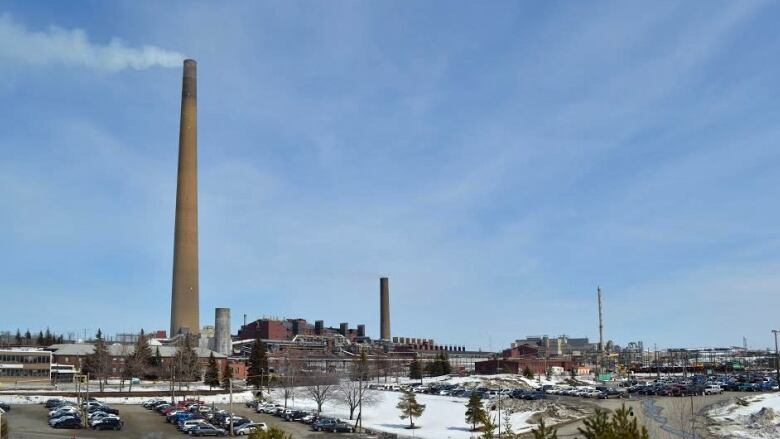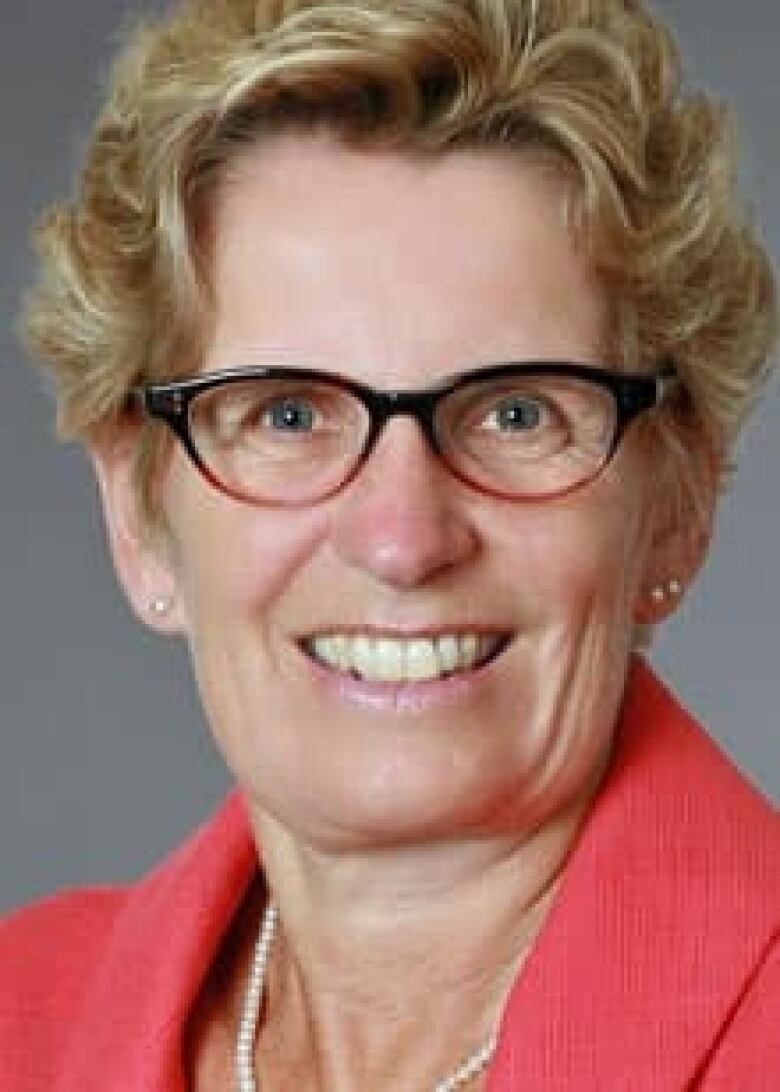Ontario's climate change action plan: what it needs to succeed
Kathleen Wynne will stake her re-election hopes on $8.3 billion plan to cut carbon emissions

Premier Kathleen Wynne's showpiece action plan for tacklingclimate change will be unveiled today and it will have an impact on the way every single Ontarian consumes energy, whether through transportation, home heating, or manufacturing.
Wynneis making the fight to reduce carbon emissionsa pillar of her premiership. Herclimate change action plan isso sweeping, it can't help but become a crucial ballot question when Ontarians decide whether to re-elect the Liberals in 2018.
- Ontario to spend up to $8.3B to fight climate change
- Ontario climate change plan could spike hydro, natural gas rates
- Liberals' cap-and-trade plan expected to generate $1.9B annually
- Expect climate change plan details in new year: Kathleen Wynne
The Liberals have already leaked some of the action planahead of its official launch Wednesday. It appears to be grounded in incentives to get people to consume less fossil fuel, such as rebates to make homes more energy efficient, all paid for by selling some $1.9 billion worth of carbon-emitting permits to industry every year.
For the plan to succeed, here's what it must achieve:
1. Actually reduce carbon emissions
The whole point of an action plan to tackle climate change is to reduce the greenhouse-gas emissions that cause climate change. The Wynne government has not only agreed to specific emission reduction targets at an international conference, it has enshrined the targets in law.
Ontario'sgreenhouse-gas emission targets (reductions from 1990 levels)
- 15per cent cut by 2020
- 37 per cent by 2030
- 80per cent by 2050
Transportation and buildings are Ontario's two biggest sources of carbon emissions, so reducing greenhouse gases in those areas is essential.Environmental campaigners will be combing the fine print of the plan today, assessing whether its mix of carrots and sticks to reduce carbon emission can actually accomplish the goal.
Patrick DeRochie, climate and energy program manager for the group Environmental Defence, supports what he's seen so far.
"This is really going to put Ontario on thepath toward emission reductions and meeting those climate targets," DeRochie said Tuesday in an interview with CBC News.
He prefers Ontario's approach of reinvestingthe proceedsfrom cap-and-trade auctions into projects that will further reduce emissions.
By contrast, British Columbia handsthe money generated from its carbon tax back to people in income-tax reductions, to make it revenue-neutral.
"They're actually seeing there that they're not meeting their climate targets," said DeRochie.
2. Not raise costs too drastically
Wynne and the Liberals are telling Ontarians the climate change plan will cost the average household just $13 extra per month. There's plenty of skepticism about this analysis. By contrast, if you take the Liberals' projection that cap and trade will generate $1.9 billion a year for the treasury, and assume those costs are passed on to the province's five million households, that works out to $31 amonth each.
With the average hydro bill in Ontario already up nearly 40 per cent since 2010, new price hikes to fuel your car and heat your home won't win the climate change action plana lot of friends. The success of the plan will depend on whether it makes too many people feel they're paying too much.
3. Appealto big business and the little guy
Since the planis going to raise costs, the Liberals are aware they have to offer goodies to make people feel they're getting something out of it.
Building new transit lines is a start. The plan will also offer up to $600 million to homeownersto do energy efficiency retrofits, such as new windows andinsulation. Industrieswill also get subsidies to helpreduce theircarbonemissions

DeRochiesaysthe Liberals are makingthe climate change plan attractive by spreading around its benefits.
"There's something in this for everyone, whether it's improved public andpersonalhealth, more jobs and business opportunities in the clean economy, more livable, smart-growth cities," he said.
NDP leader Andrea Horwathquestioned whether the Liberals have brought people on side while developing the plan.
"When you undertakethese kinds of major projects, these kinds ofmajor shifts and changes, you need to engage people early and get them to be accepting and champions of the change,"Horwath told reportersTuesday. "As opposed to a top-down approach, which unfortunately it looks like the government's taking again."
4. Help the Liberals win the next election
Tackling climate change polls well with voters right now. It's something most people say they want done. But whether Ontarians will actually vote fora party because it's willing to take strong action on climate changeremains to be seen. It's also an open question about whether theLiberalsare truly taking strong action.
While opposition leader Patrick Brown has shifted his Progressive Conservatives toward acknowledging that climate change is a real threat, he's not committing to keeping the cap and trade system that's at the heart of the Liberals' action plan. He's made noises instead about preferring a revenue-neutralcarbon tax, like British Columbia's.
If Brown wins in 2018, he could conceivably withdraw Ontario from the cap and trade market, dismantle the action plan, and with it,Wynne'swould-belegacy as the environmental premier
Fartoo much can happen in the next two years to say that the Liberal climate change plan will be the make-or-break factor for Wynneat the polls. But there's no question the way voters feel about the plan will have a strong influence on the election outcome in 2018.












_(720p).jpg)


 OFFICIAL HD MUSIC VIDEO.jpg)
.jpg)



























































































